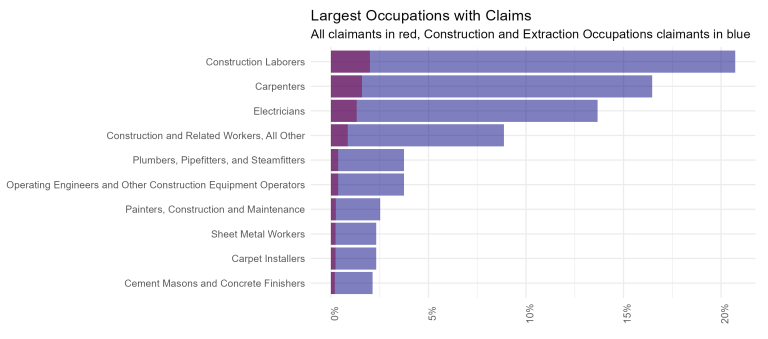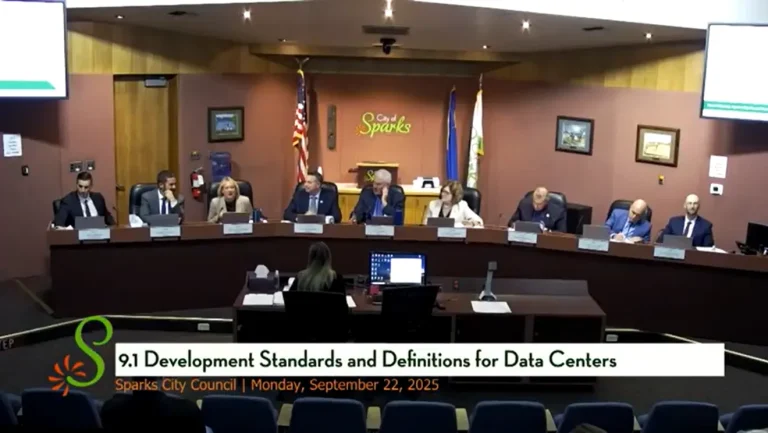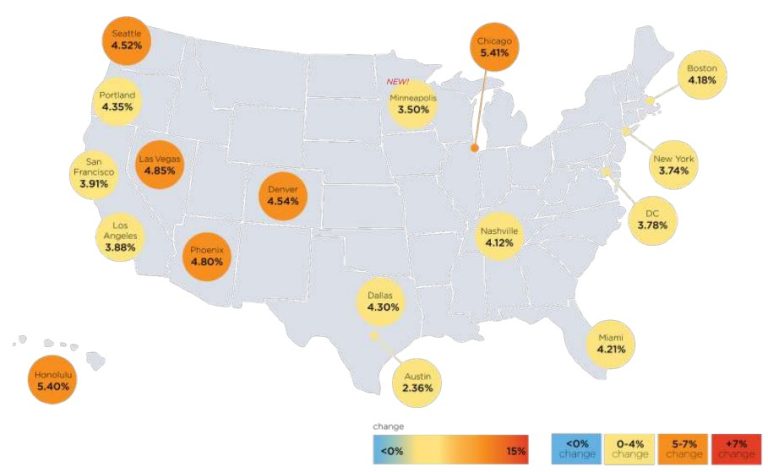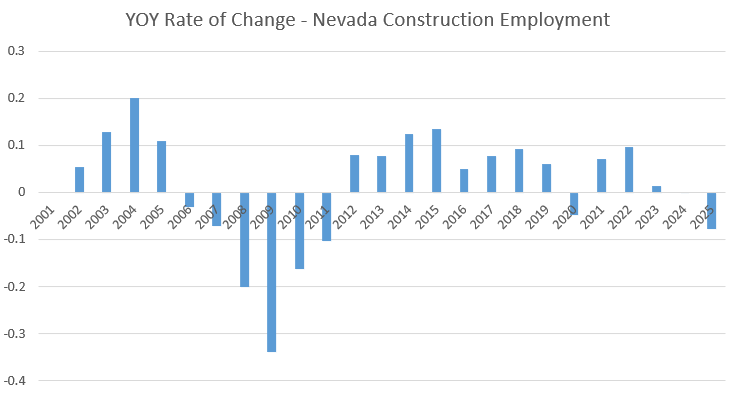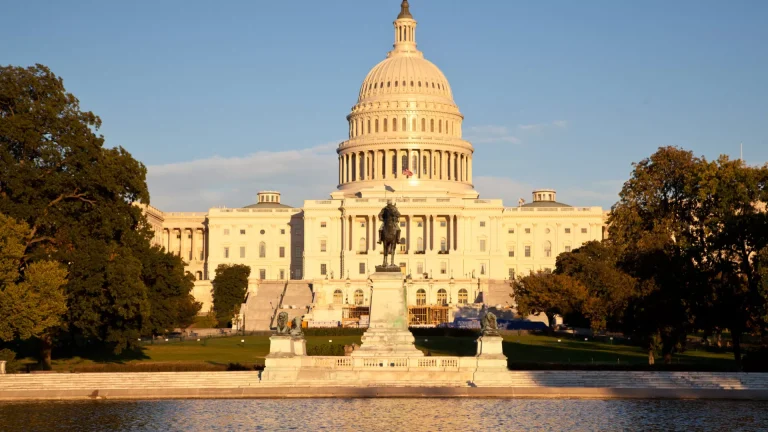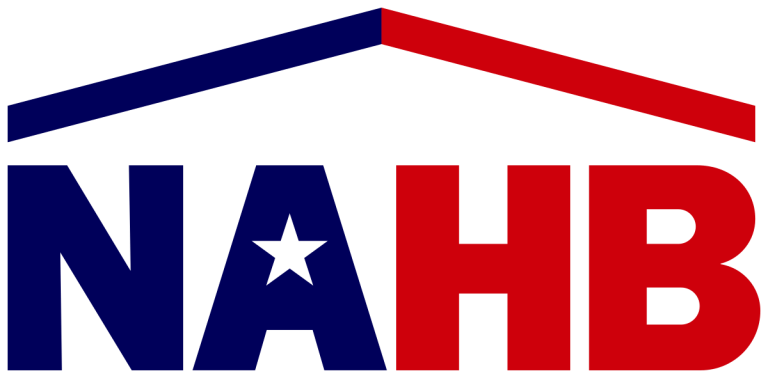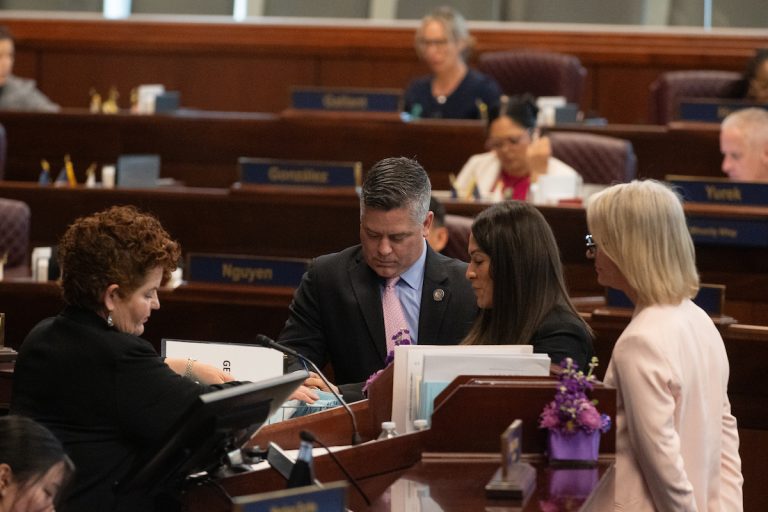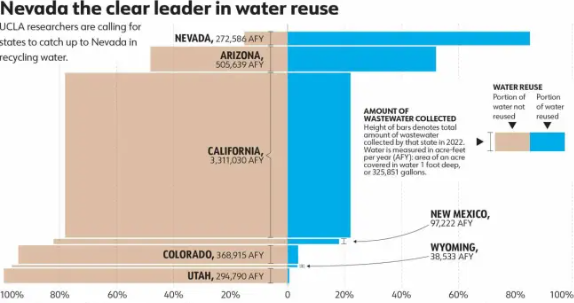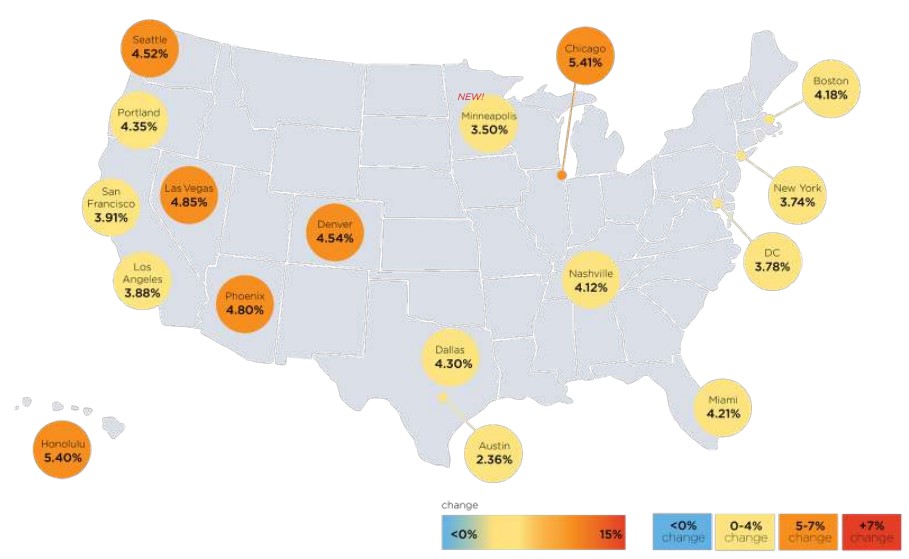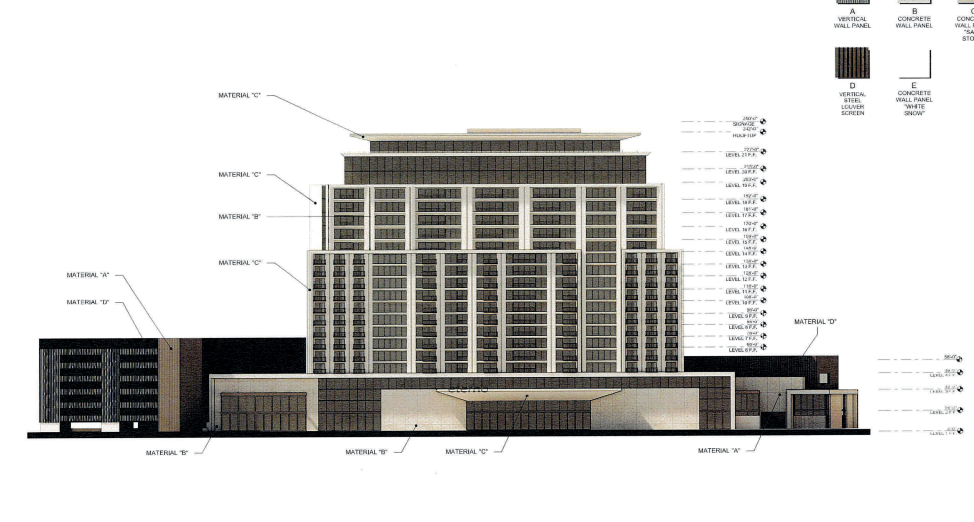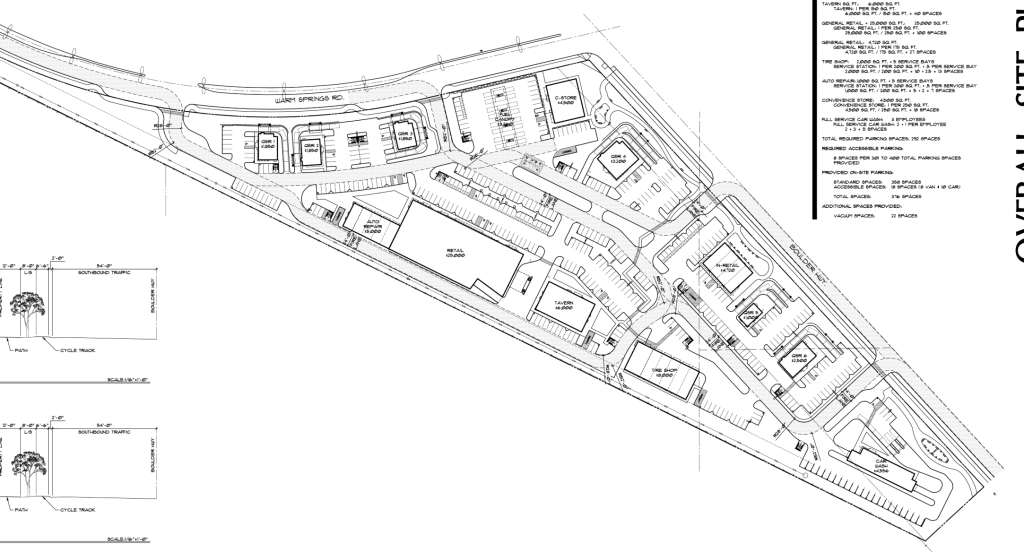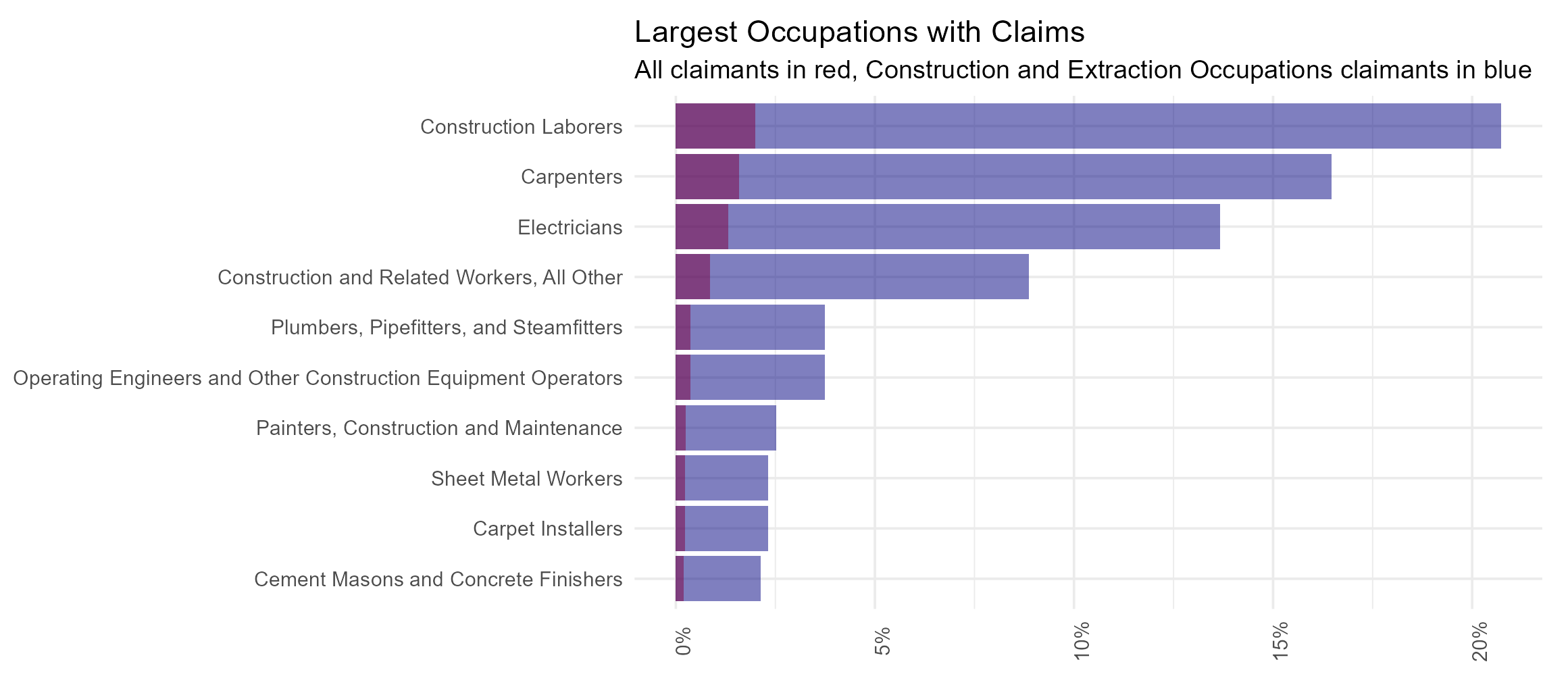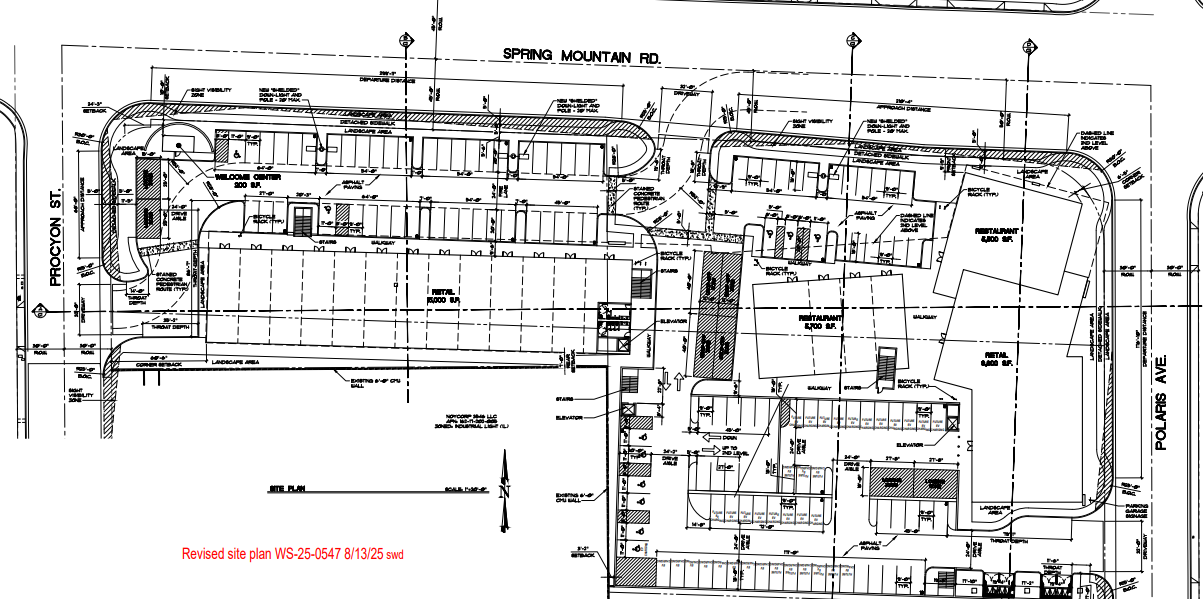(On June 16), Senate Finance Committee Chairman Mike Crapo (R-ID) released the much-anticipated text of the tax and Medicaid portion of the Senate’s reconciliation bill, with significant differences from the House-passed version of the One Big Beautiful Bill Act.
Like the House bill, the Senate text includes a major expansion of Low-Income Housing Tax Credit resources, providing a permanent 12% increase in Housing Credit authority for the 9% program and permanently lowering the bond financing test from 50% to 25%.
The House bill would increase Housing Credit authority by 12.5% and lower the bond financing test to 25%, but in both instances, those changes would be applicable for just four years. The Senate bill does not include new basis boosts for properties in rural and Native American communities, as is included in the House-passed bill.
Other highlights of the Senate tax language include permanency for 100% bonus depreciation for certain qualifying properties, while the House bill would provide 100% bonus depreciation for those properties only through 2029. Bonus depreciation would help Housing Credit investor yields, potentially boosting pricing.
Both the Senate and House bills extend and reform the Opportunity Zone tax incentive, but the Senate’s bill would do so permanently, while the House bill would provide just a second round of OZs that would expire after 2033. Both versions enact reporting requirements for Opportunity Zones; however, reporting requirements were removed from the 2017 Tax Cuts and Jobs Act, which initially established the OZ incentive, because the language did not comply with Senate rules for reconciliation bills per the parliamentarian. It remains to be seen whether such requirements are written in a manner that would allow them to remain in the bill this time.
The Senate bill also permanently extends the New Markets Tax Credit program, currently set to expire at the end of 2025. The House bill does not include an NMTC extension. Like the House bill, the Senate bill would accelerate the phase-out and termination of clean energy tax credits implemented in the Inflation Reduction Act but more slowly than the phase-out schedule in the House-passed bill.
Republican congressional leaders have very little negotiation time if they are to meet their deadline of having a final bill to President Trump for his signature by July 4. Given the complexity of the negotiations ahead, it is very possible the timeline will slip. The true deadline for the bill is the “X-date” after which the Treasury Department will no longer be able to use extraordinary measures to avoid hitting the debt limit. Both the House and Senate bills would raise the debt limit, by $4T and $5T, respectively. Treasury Secretary Scott Bessent has told Congress he expects the X-date to occur sometime in August.
Neither the House nor Senate bill would make changes to the tax exemption for private activity bonds and neither includes NCSHA homeownership priorities such as Mortgage Revenue Bond and Mortgage Credit Certificate improvements from the Affordable Housing Bond Enhancement Act and enactment of the Neighborhood Homes Investment Act.
For more information about the Senate tax text, see the Finance Committee-released section-by-section and bill overview. (Source)






